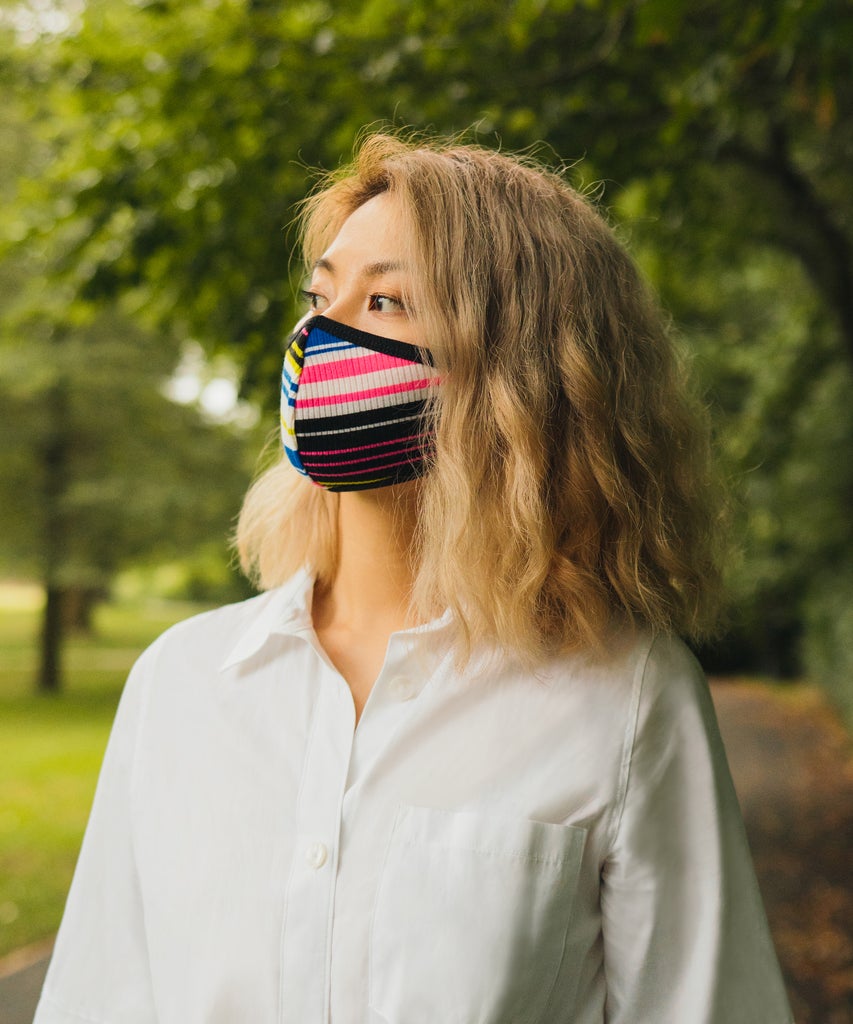
The COVID-19 vaccines have allowed many of us to take a collective sigh of relief. We can finally begin to get back to pre-pandemic activities with confidence that we’re protected from the virus that’s killed over 128,000 people in the UK alone. But there have been some questions around how long the immunity offered by the vaccines will really last. Luckily, two new studies released this week have provided some positive clarity: Vaccinated people may be immune for at least a year, and people who recovered from COVID-19 and are vaccinated may be immune for even longer.
These results are far from certain: The two studies in question are small and not yet peer-reviewed, so more research must be done to confirm the findings. But they’re promising. They both focused on people who’d been exposed to the SARS-CoV-2 virus about a year earlier, and looked at markers of immunity.
One study, published on Monday in the journal Nature, found evidence of long-lived plasma cells, which were secreting antibodies against SARS-CoV-2, in the bone marrow of people who’d recovered from COVID-19 eight months prior. The other study, published online at BioRxiv, found memory B cells (immune cells that “remember” and produce antibodies against a specific virus, in this case SARS-CoV-2) in people who contracted COVID-19 and recovered (known as convalescent individuals). The number of memory B cells remained stable for a year post-COVID recovery.
The BioRxiv study contained some additional good news: “The data suggest that immunity in convalescent individuals will be very long lasting and that convalescent individuals who receive available mRNA vaccines will produce antibodies and memory B cells that should be protective against circulating SARS-CoV-2 variants,” the study abstract states. Variants have been an ongoing concern in the later stages of the pandemic, so this is especially heartening.
“People who were infected and get vaccinated really have a terrific response, a terrific set of antibodies, because they continue to evolve their antibodies,” Michel Nussenzweig, MD, PhD, an immunologist at Rockefeller University in New York, who led the BioRxiv study, told The New York Times. “I expect that they will last for a long time.”
Dr. Nussenzweig told The Times that his research indicates that fully vaccinated people who previously had COVID-19 may not need a booster shot at all. But vaccinated folks who hadn’t had the virus may require one at some point. As Jill Grimes, MD, a family physician based in Texas, previously told Refinery29 COVID-19 acts like the flu, meaning that a booster shot may be needed every year, “not because our immunity from the previous year is fading out, but because the virus is mutating and changing enough that last year’s protection no longer works.”
In the Nature study, most but not all of the people who’d recovered from COVID-19 still had the long-lived plasma cells, which reinforces the importance of vaccination, even among those who’ve already had the virus.
Again, more research is needed to draw solid conclusions from these studies, but these findings are promising, and reinforce what we already know: that COVID-19 vaccinations really work. So far, over 31m people in England have received the first dose of a vaccine. It’s now available to everyone aged 30 and over. So if you’ve got your text and you haven’t booked in yet, make your appointment to get vaccinated.
Like what you see? How about some more R29 goodness, right here?
Here’s How To Manage Your Vaccine Side Effects